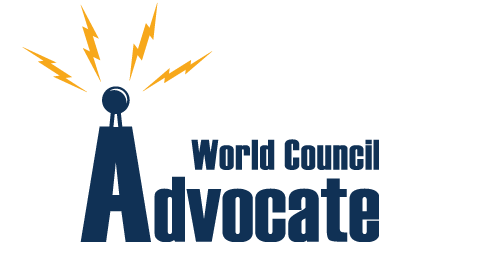IASB Proposes Guidance to Improve Climate Related Disclosures
2024-08-23The International Accounting Standards Board (IASB) published a consultation document, proposing eight examples to demonstrate how companies apply IFRS Accounting Standards when reporting the effects of climate-related and other uncertainties in their financial statements.
The illustrative examples were created to provide helpful information to clarify proper reporting, they do represent new mandatory requirements. IASB is issuing this guidance following requests from stakeholders, particularly investors, who expressed concerns that the information about climate-related risks in financial statements was insufficient or inconsistent. This new proposed guidance is intended to strengthen the connection and consistency between financial statements and the company’s other reports such as sustainability disclosures.
The eight illustrative examples in the guidance focus on key areas such as disclosures on assumptions and estimations, disaggregation of information and materiality judgments. The IASB worked with the International Sustainability Standards Board (ISSB) to provide these clarifying examples and is continuing to explore ways to help improve widespread reporting of the financial impact of climate-related risks.
Comments must be submitted to the IASB by November 28, 2024. The IASB will review feedback to determine whether to finalize the proposed examples and provide them with the IFRS Accounting Standards.
Click here to read the full proposal.

